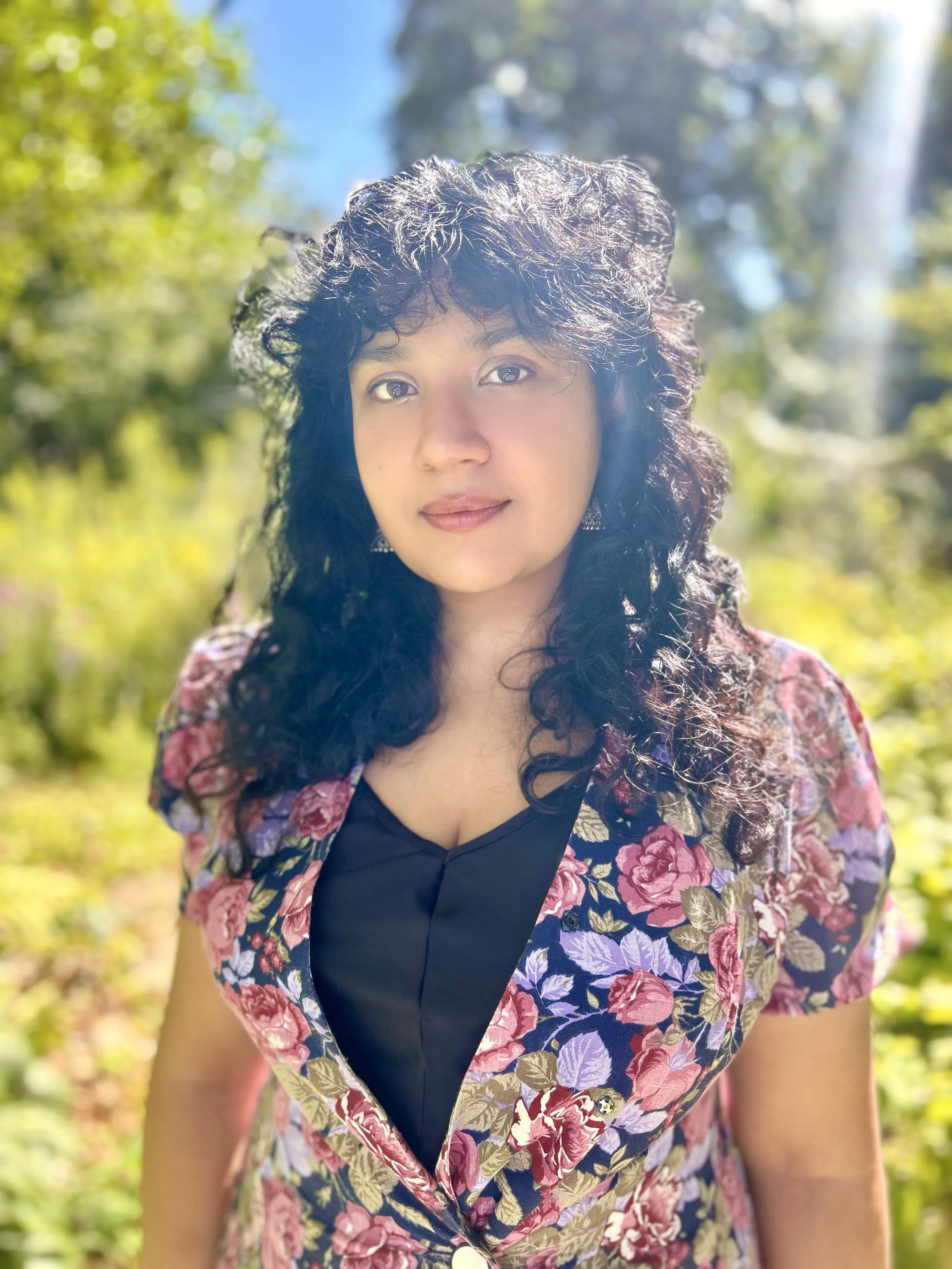Reading and Writing the Asian Poetic Form with Ayesha Raees
mondays, November 3rd–24th
7:00–9:30 pm ET
Either through prosody, context, or both, a form in poetry ultimately serves as the foundation of identity. The Ghazal comes forth with its systematic pattern in repetition while the articulate Haiku lies with its power of context, connecting the mundane of the personal to the significant of the spiritual. Let it be the meter in a line, length of a stanza, or thematic concern– such aspects of prosody and context has built traditions in poetry through the lens of history and culture while connecting the personal with the political.
In this intensive reading and writing workshop course, students will be learning the foundations of prosody as well as identifying patterns in context through Asian (both traditional and anglicized) poetic forms, some including but not limited to ghazal, haiku, haibun, rubaiyat, etc. We will be delving into the larger questions of how identity function in poetry, language, and translations, cultural histories and transgressions in these forms, and contemporary adaptations. Furthermore, we will be reading poetry collections from both contemporary and traditional Asian/Asian diasporic poets, writing short essays, and exercising our eyes for analytical, critical and creative thinking. Students are expected to write in correspondence to the readings and give supportive feedback in an emphatically curated workshop setting.
eligibility:
This workshop is open to all writers of color. The non-refundable tuition fee is $300. This class will be held over Zoom. There is one scholarship spot available, and the applications are open through Monday, October 6th.
REGISTRATIONS FOR THIS WORKSHOP ARE NOW CLOSED
scholarships for this workshop are now closed
FACULTY:
Ayesha Raees عائشہ رئیس is a poet and artist identifying as a hybrid creating hybrid poetry through hybrid forms. Her interdisciplinary work places poetry at its center and delves into paint, film, sound, theater, performance, and collaboration with the intention of breaking conventional ideas of linear language, form, and genre to materialize a space of belonging for marginalia and their narratives. Her work strongly revolves around issues of belonging and dislocation, G/god and spirituality, and beauty::cruelty while possessing a strong agency for decolonial, anti-violence, and anti-erasure practices. She edits poetry at The Margins and has received endorsements from Asian American Writers Workshop, Kundiman, Brooklyn Poets, UNESCO, Millay Colony For The Arts and elsewhere. Her work has been published extensively, including Poetry Northwest, Pleiades, The Nation, Poets.org and others. Her first book of poems Coining A Wishing Tower won the Broken River Prize and was an Indies Award Finalist. Originally from Lahore, Pakistan, she is based in New York City.


